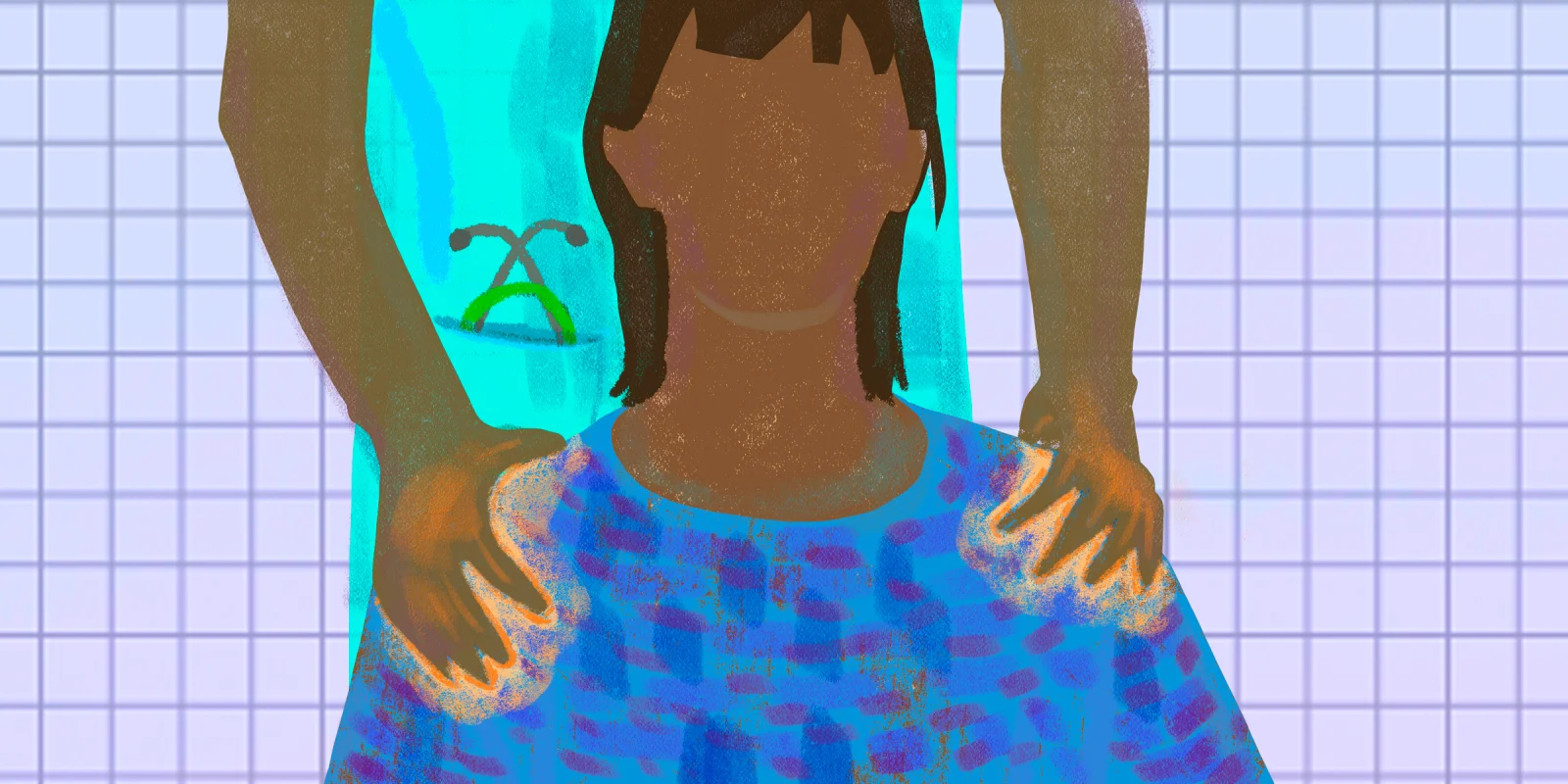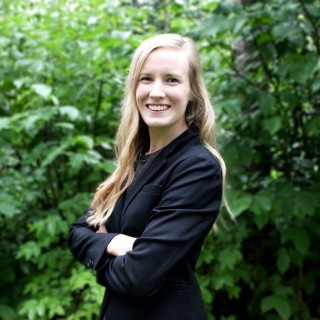My preceptor and I stood outside the patient’s room before entering.
“He came in late last night after being found down in the street. We think he got in a fight with someone; the drug screen showed meth in his system too,” my preceptor informed me.
We walked into the room where our patient’s nurse was attending to his unconscious form.
My preceptor addressed the nurse. “Hi, anything new we should know about Mr. Jones?”
The nurse glanced up from his work. “No, he hasn’t woken up since he’s been here. He’s got a nasty cut above his eye, and some wounds on his feet and back that you should look at.”
We moved over to the patient and started to examine him.
“Ouch,” I said as I looked at his bloody and bruised face. He grunted slightly as my preceptor squeezed his hand.
“Yeah, well that’s what you get when all you do is meth,” the nurse muttered.
I immediately felt my face get hot. “I’m sure he would prefer to not be in the hospital right now,” I retorted.
My preceptor and I finished our exam and left the room.
I was still angry. More than one of my family members had suffered from substance abuse, and I knew how badly these patients needed kindness more than judgment. But, I also reminded myself how hard it had been for me to understand my family members’ actions when they were suffering from addiction. It could be infuriating to see them act in inappropriate ways, and I did not always exhibit empathy toward them, despite their need for help.
Not long after the hospital encounter with Mr. Jones I was completing an addiction medicine rotation with the NIH. As part of my rotation, I created a presentation on a topic of my choice. Thinking back to Mr. Jones, and the frustrating comment made by the nurse, I decided to research the stigma that patients with substance use disorders experience from clinicians. Unsurprisingly, a number of studies have found that negative perceptions of people with substance use disorder are common among health care professionals. Patients who use substances are often classified as “difficult,” and, in one study, only 30% of PCPs reported that they would be willing to have a person taking medication for substance use disorder as a neighbor or marry into their family. This stigma held by clinicians is not benign. Stigma can serve as a barrier to physicians’ willingness to provide office-based opioid disorder treatment and research has shown that patients often cite stigma as a reason for not seeking treatment for substance use.
Significantly, study after study has shown that addiction is a disease with a biological basis, similar to diabetes, depression, and other chronic conditions. Why then, are health care professionals still so judgmental and stigmatizing toward patients that suffer from substance use disorder? We are unlikely to find success treating our patients if we do not even view their condition as a disease — and our patients are unlikely to seek our help or return for follow-up care if they feel judged by the people who are supposed to be supporting them.
We need to do better for our patients with addiction. It is our duty to offer bias-free treatment for all of our patients. We should not be making patients feel guilty or stigmatized when they are seeking help. We need to educate ourselves about the disease process of addiction, and the options available for treatment. Rather than pushing patients away with disapproval, we should be lifting them up and advocating for their well-being. Mr. Jones may not have heard the nurse’s comment that day in the ICU, but I’m sure that if he had, it would have made him feel uncared for and unwelcome. No one should feel oppressed or judged when they are lying bloody and bruised in an ICU bed.
Are there patients you’ve found it particularly difficult to treat without bias? How did you set your feelings aside? Share your thoughts in the comments section.
Bailey Wolding was born and raised in Appleton, WI before attending University of Wisconsin – Madison for her undergraduate degree. She graduated in three years with a biology major and then spent one year as a sea kayak and cross country ski guide in Northern Minnesota. She is now in her fourth year of medical school at Des Moines University in Iowa and enjoys camping, canoeing, running, baking bread, gardening, and playing with her dog, Lana. She is a 2020–2021 Doximity Op-Med Fellow.
All names and identifying information have been modified to protect patient privacy.
Illustration by Jennifer Bogartz







